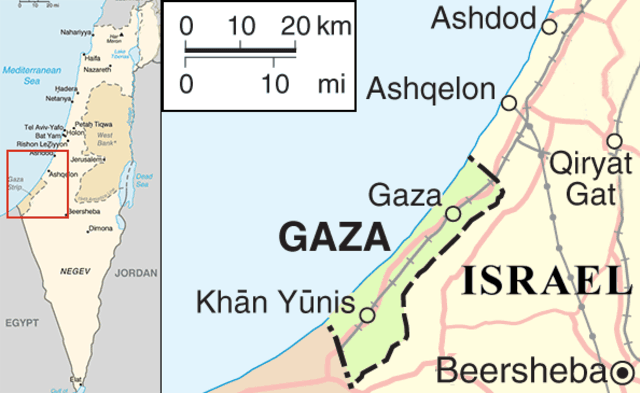On November 29 last year, the ordinary play of children in the occupied West Bank was tragically disrupted when two young Palestinian boys, Basil, aged 15, and Adam, just eight, were fatally shot. These events unfolded in a neighborhood where the laughter of children typically filled the air. The loss of these young lives has not only brought sorrow but also ignited a rigorous debate about the conduct of the Israeli Defense Forces (IDF) and the broader implications for international human rights and military engagement protocols.
The BBC embarked on a comprehensive investigation into this incident, integrating evidence from mobile phone videos, CCTV footage, extensive witness testimonies, and precise scene reconstructions. This robust collection of data revealed unsettling details about the sequence of events leading to the boys’ deaths, suggesting serious potential breaches of human rights standards.
Ben Saul, the UN Special Rapporteur on human rights and counter-terrorism, commented on the case, indicating that Adam’s death might constitute a war crime. This sentiment was echoed by Dr. Lawrence Hill-Cawthorne, who criticized the indiscriminate use of lethal force as a violation of international law. These assessments point to a profound need for scrutiny and accountability in military operations conducted in such highly sensitive contexts.
In response to these serious allegations, the IDF stated that the circumstances surrounding the deaths were under review. The IDF maintains that live ammunition is used strictly as a last resort and in adherence to stringent protocols designed to neutralize immediate threats or to carry out arrests after all other options have been exhausted.
The escalation of violence in the West Bank, particularly following the attacks from Gaza on October 7, has intensified the scrutiny of the IDF’s actions. Subsequent reports have detailed further troubling occurrences, including the vandalization of Palestinian homes, threats against civilians by armed forces, and other actions that have stoked fear and exacerbated tensions among the local population.
This incident raises critical questions about the rules of engagement and the use of force in occupied territories. The international community has long scrutinized the IDF’s engagement strategies, which purportedly include a staged approach beginning with verbal warnings, escalating to non-lethal measures, and only resorting to lethal force as a final measure. However, witness accounts and medical analyses suggest a pattern where potentially lethal force is employed disproportionately, often resulting in fatalities where non-lethal methods could have been effective.
Legal experts and human rights advocates are calling for transparent investigations and the upholding of international legal standards to ensure such tragedies are thoroughly examined and that responsible parties are held accountable. This tragedy underscores the urgent need for a balanced and just approach to conflict resolution in regions where historical tensions and the presence of military operations intersect daily lives.
The broader implications of these events are significant, affecting international relations, military protocols, and humanitarian law. They highlight the essential need for rigorous oversight, accountability, and a reevaluation of engagement strategies by military forces globally to protect innocent lives and maintain human dignity in conflict zones.




